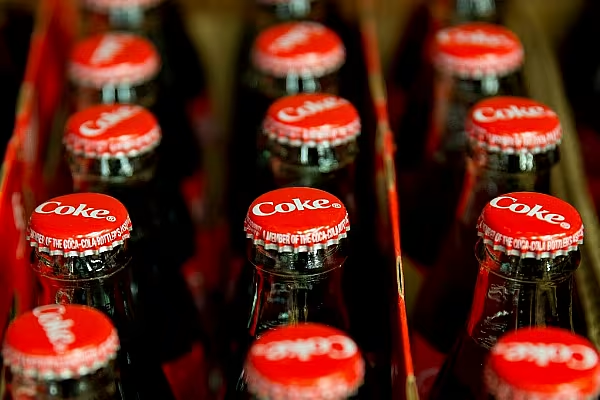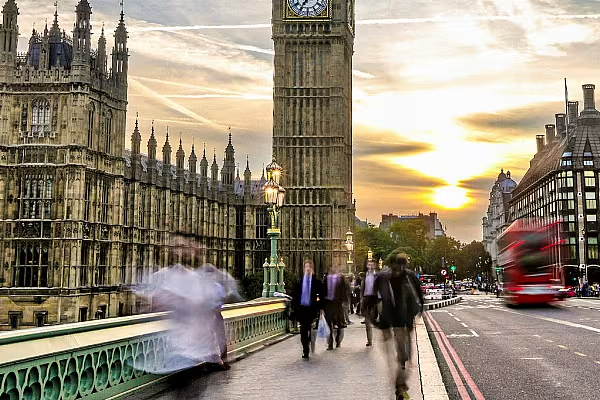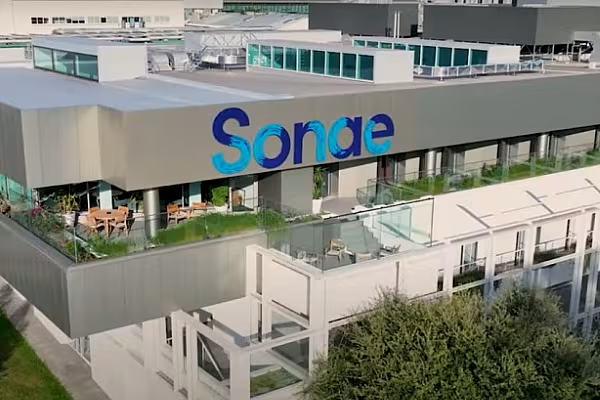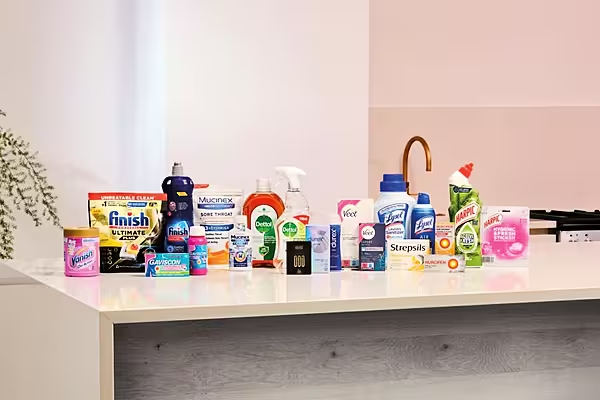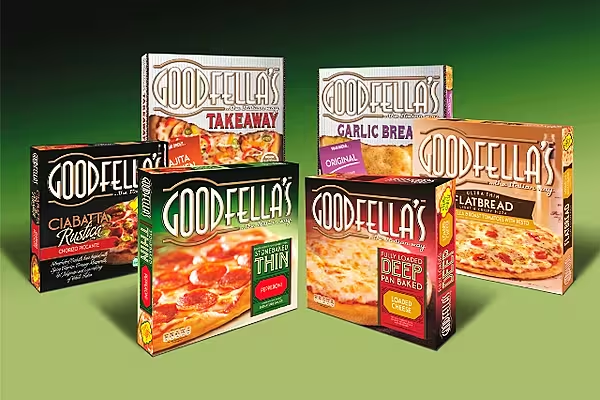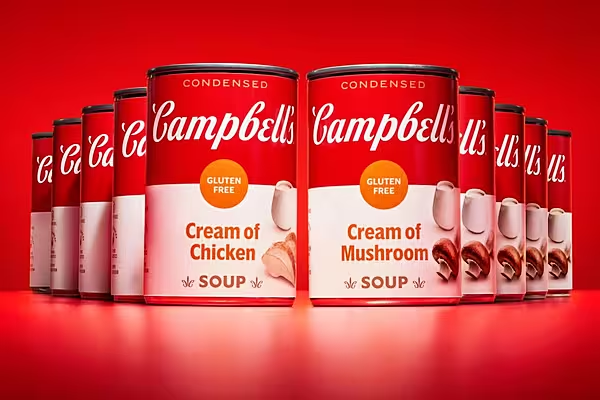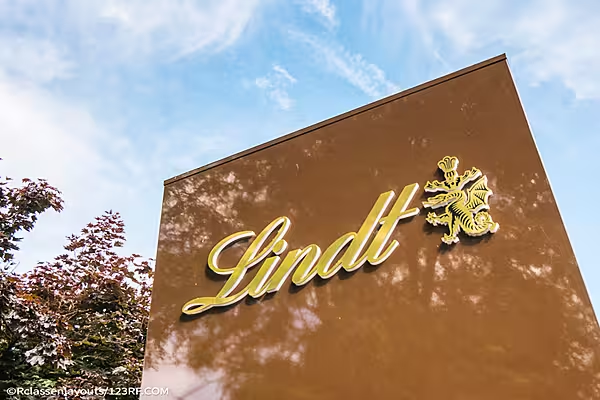Coca-Cola Co thought it had a deal with the U.S. Internal Revenue Service on how much the company charged foreign affiliates for the rights to make and sell Coke products abroad.
Then in September 2015 a letter from the IRS arrived at Coca-Cola's Atlanta headquarters with a bill for back taxes whose amount, $3.3 billion, stunned the world's No. 1 soft drinks maker.
Coca-Cola sued the IRS, disputing the bill. The case is being tried now in U.S. Tax Court in Washington. A verdict is not expected for some time after the trial ends, expected in mid-April.
Rising Tension
The case is being watched closely by tax experts as a sign of rising tension between tax authorities and multinational corporations over transfer pricing, that is, the way companies value the goods, services, trademark and patent rights that they constantly move among foreign units across national boundaries.
An important management discipline inside multinationals, transfer pricing is under more scrutiny than ever before from tax agencies worldwide because of strict new global standards, raising legal risks for companies and their investors.
The Coca-Cola case goes to trial as interest among corporations in seeking multi-year deals with the IRS covering transfer pricing arrangements has fallen in the past two years.
The IRS reported on Friday that it received 101 applications in 2017 for "advance pricing agreements" (APAs), similar to 2016's level of 98 in 2016, but well below 2015's peak of 183.
APA applications also fell in 2016 in Japan, the top U.S. bilateral APA partner, according to the latest data.
Challenging Markets
Anecdotal evidence suggests the APA process, designed to prevent conflict, is under strain in many countries, with some tax lawyers citing Mexico, Italy and China as challenging.
Corporate tax directors at a conference in Washington earlier this month said APAs are taking longer to negotiate and government tax agencies are less willing to do them.
"We're really living in a different time and we can understand why tax authorities might be reluctant because there's a lot more external scrutiny than there ever was," said Amy Roberti, director of global tax and fiscal policy for Procter & Gamble Co, at the conference.
Asked for more details afterward, Roberti said through a company spokeswoman that APAs help Procter & Gamble build "relationships with governments and fiscal authorities."
The IRS did not immediately provide answers to questions about the Coca-Cola case and transfer pricing, in general.
Coca-Cola responded to questions by providing an internal employee memo about the case that said, "The company firmly believes that the IRS' claims are without merit and will pursue all available administrative and judicial remedies."
News by Reuters, edited by ESM. Click subscribe to sign up to ESM: The European Supermarket Magazine.
